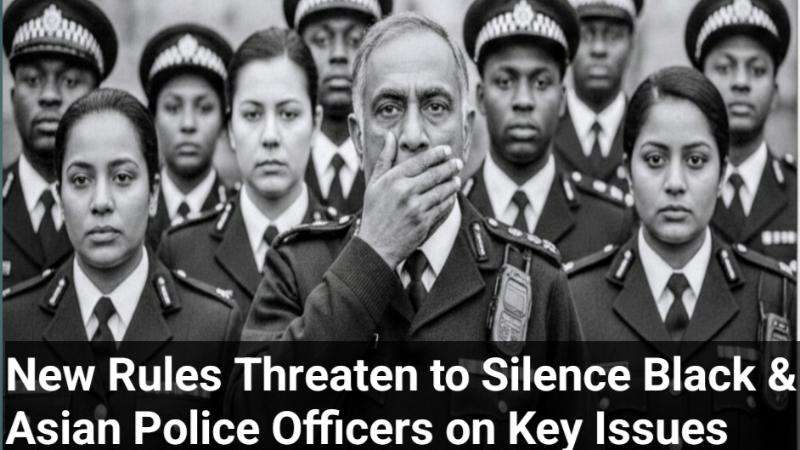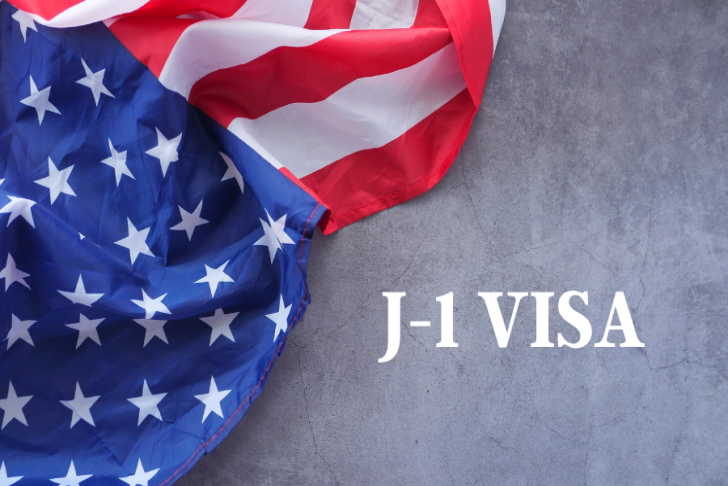Often referred to as the J-1 graduate visa, the J-1 Irish Work Travel visa offers recent graduates the chance to "learn from the best in your industry, globalise your CV, and jumpstart your professional training." Most people are aware of the J-1 summer visa, which allows Irish students to travel to the US during the summer between their academic years. On the other hand, the graduate visa is distinct in that it permits graduates to work in their field of study for a year while residing in the US, providing that they get employment in that profession within a specific deadline. Sounds good, doesn't it?
However, the reality is that the visa’s restrictions make finding that employment so difficult that many graduates turn to illegal work in Irish pubs to make ends meet, leaving them vulnerable to exploitation by employers.
J-1 visa holders pay a sponsor company to facilitate their move to the US, the cost of which can amount to more than €2000 before travel insurance and flights. Visa holders typically move without a job, and have three months to find an internship in their field which will sign their visa papers. The job cannot be remote, you can only work one role at a time (work in hospitality and retail is forbidden), and you cannot go through a recruitment company.
Before I moved, I was told the job search would be tough, and that my best bet was to rely on Irish connections in the city – if I didn’t have any, I would need to make some. While I had no relatives in New York, I had worked as a news journalist for a year after college, with work featured in major US publications – naively, I thought this would make the job hunt easier. I applied to countless jobs and was met with no responses. I thought that my CV was letting me down, but a meeting with my sponsor’s career advisor revealed that my resume was doing me justice and I had more experience than a lot of J-1s who travel to the States directly after graduation.
Networking seemed like the only option, so I had over 30 meetings with professionals in journalism, public relations, producing and publishing – anything that could feasibly be considered my field of study. I chatted to former J-1s who told me not to give up, that they also had no connections when they first arrived. “So how did you end up getting your job?” “Well, my uncle has this business…” What I hadn’t realised was that a lot of people secured a job because someone they knew invented one for them, or signed their visa papers without employing them.
I continuously met fellow J-1s employed by someone they knew, who had fudged their visa papers to say they were working in their subject area.
The job market isn’t difficult for J-1 visa holders, it’s borderline impossible. The visa states you must find a paid internship, but most advertised internships are unpaid for US college credit. You can manipulate the description of a full-time position to sound like an internship, but many companies have a stipulation that they don’t hire anyone who would need future sponsorship, which is the case for all J-1s. Graduates work illegally not because they want to, but because the visa is so poorly set up that it’s rare for anyone to find a job in their field, let alone one that pays them.
I didn’t get a single interview until I removed any reference to my visa status. I wiped my CV clean of any trace of my visa, and almost immediately I got an interview for a publication I admired. It was going well until the final question: “Just for formalities, do you or will you ever need sponsorship?” I answered honestly that I had sponsorship for a year, after which I would need a sponsor to stay in the country. Her tone changed as she thanked me for my time, and I received an instant rejection email.
I’m not alone in this experience, but I was fortunate to have put aside enough savings to support myself during the three-month job search. Irish networking events in New York are riddled with young people who have paid thousands to move to the city with the promise of finding an incredible internship that will further their career but have to work illegally to survive.
I set up an informal, anonymous survey for J-1s asking about their experience, and the response was unsurprising and consistent: J-1s are getting no responses from American companies, and are resorting to bar work either during their months-long job hunt or after a company has bent the rules in relation to their papers.
One responder said the restrictions of the visa “made an already limited job hunt near impossible”, while others complained of applying to “hundreds of jobs” only to hear nothing back due to the reluctance of companies to engage with short-term visa holders. Of those who worked illegally, one said they had to resort to bar work because there was “no way” they could survive off the pay offered by their internship. Everyone who worked illegally said they worried about the frequency of their payments and about the possibility of their workplace being investigated.
Working for free
Anecdotally, the story is the same. One person I know works for free for the company that signed her papers and spends her spare hours working in a bar to make ends meet. Several others have been taken advantage of by companies who made them work for free under the pretence of eventually signing their papers, only to stop responding to emails directly before the three month job search window closed. Those who eventually find a legitimate job through a connection are doing work they are overqualified for; I’ve met people with master’s degrees spending their days converting documents to PDFs.
While the J-1 graduate visa is a wonderful idea in theory, visa sponsors need to look at the system they’re offering as it is not necessarily the real J-1 experience, and enables employers to take advantage of visa holders. I’m lucky to have been able to support myself throughout my job search and to have eventually found a position even tangentially related to my subject area. The J-1 graduate visa upholds a flawed system where personal connections trump professional experience, making it a costly gamble with potentially dangerous outcomes if you’re not one of the lucky ones.
Sarah Moran is a writer, editor, and researcher based in New York. She graduated from English literature and psychology in Trinity College in 2022 and has since worked as a news verification journalist and communications associate.








.svg)
